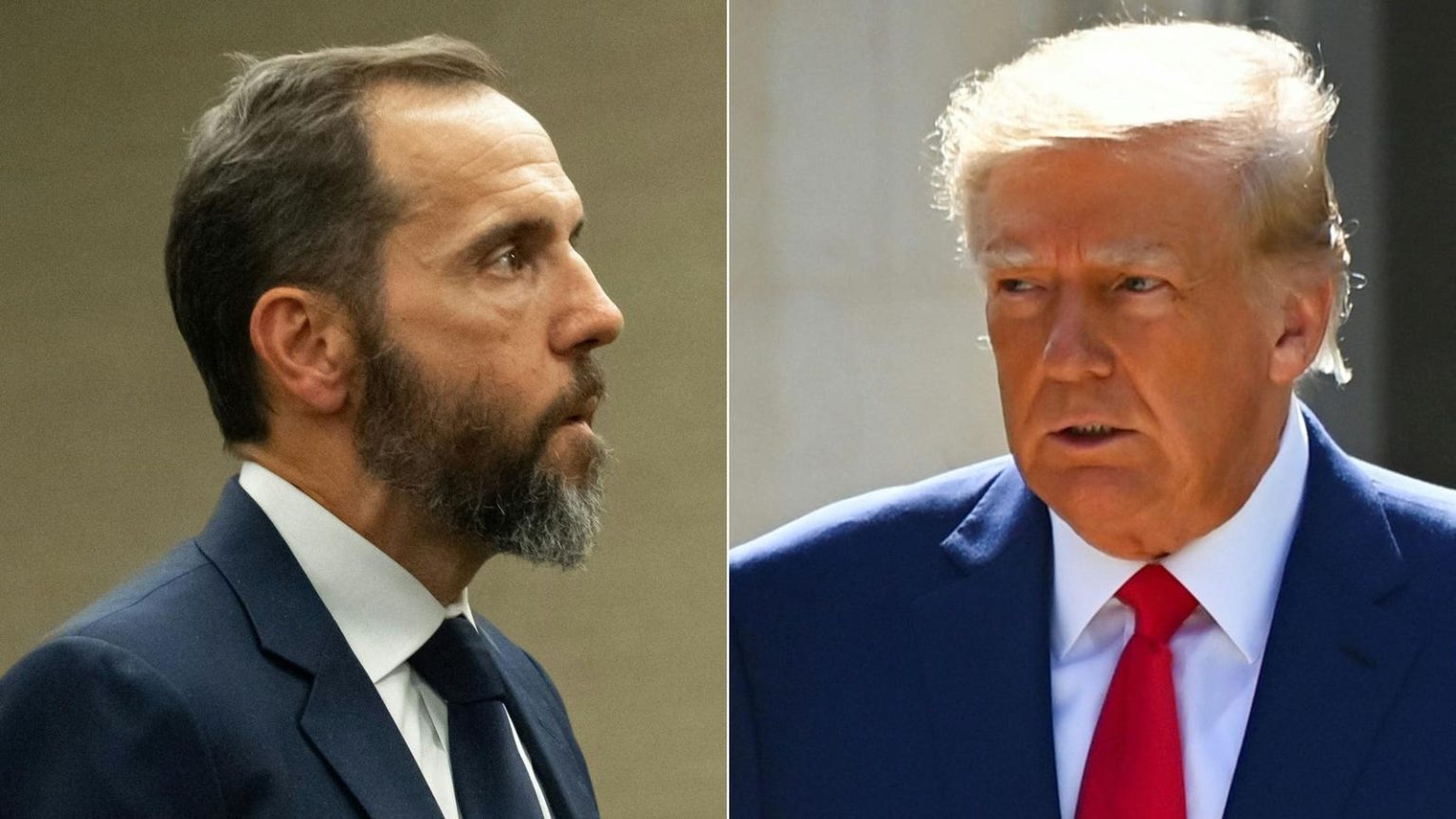Forbes reported last year that President-elect Donald Trump has suggested the use of federal agencies to prosecute his political rivals, including President Joe Biden, former attorney general Bill Barr, and Manhattan District Attorney Alvin Bragg. Trump claimed that his indictments in four separate cases were orchestrated by Biden as an attempt to “rig and steal an election.” He expressed his intention to go after those who he believed were beating him badly, using federal agencies to prosecute them and potentially put them out of business.
In interviews with Spanish-language television network Univision and Fox News, Trump hinted at using the armed forces as a potential weapon against his opponents, referring to them as “the enemy from within.” He even shared posts on his social media site, Truth Social, calling for “televised military tribunals” of political adversaries like former Republican Rep. Liz Cheney. Before his second term victory, Trump and his allies were reportedly discussing plans on how to use the federal government to punish critics and opponents, with Trump expressing a desire to go after former allies who had become critical of his time in office.
Publicly, Trump has threatened to appoint a special prosecutor to target Biden and his family for corruption accusations he made without evidence. He has also called for the impeachment and prosecution of Vice President Kamala Harris, accused former President Barack Obama, Nancy Pelosi, James Comey, and Adam Schiff of treason, and threatened to fire Jack Smith, the federal prosecutor leading cases against him. Trump has also targeted Mark Zuckerberg, Meta CEO, with threats of “life in prison” if he did anything illegal related to the election, and hinted at potentially instructing the Department of Justice to investigate Google for negative stories about him.
Prosecution of political rivals is a tactic commonly used in authoritarian regimes, and for a president to assert control over the Justice Department would signify a significant departure from longstanding practices of agency independence. Trump’s allies, Jeffrey Clark and Russell Vought, have advocated for treating the Justice Department like any other cabinet position, allowing the president to direct individual investigations. Trump’s second term could potentially see a shift in the independence of the Justice Department, with the appointment of individuals like Clark, a key figure in investigations related to Trump’s 2020 election interference cases.
The potential for Trump to use federal agencies to prosecute his political rivals raises concerns about democratic norms and the rule of law in the United States. The independence of the Justice Department has traditionally been a crucial safeguard against partisan interference in legal matters, and any attempts to manipulate federal agencies for political purposes could have far-reaching implications for the country’s democratic institutions. As Trump prepares for his second term in office, the specter of using federal power to target critics and opponents looms large, highlighting the need for continued vigilance and adherence to principles of transparency and accountability in government.













